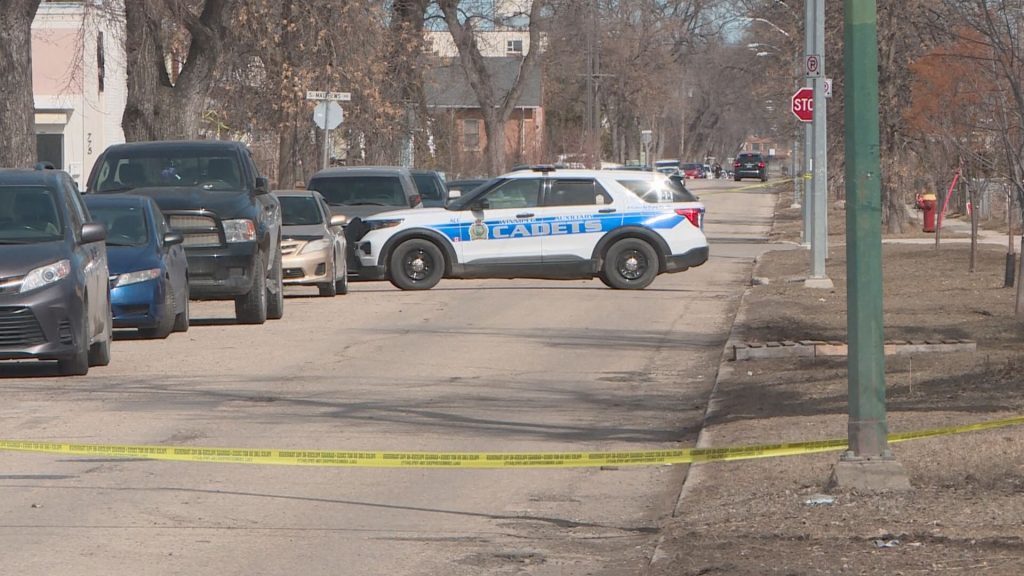Winnipeg woman with rare illness felt ignored by ER staff at St. Boniface Hospital

Posted June 8, 2024 5:33 pm.
Last Updated June 9, 2024 7:15 pm.
A Winnipeg woman whose rare illness makes it difficult for her to stay focused and articulate when having an episode feels she was completely disregarded by staff at St. Boniface Hospital, despite having a medical letter explaining her condition.
Jessie Wood says emergency room staff did not even look at her doctor’s letter during her latest episode, in which she spent eight hours in hospital before simply going home.
“Now the rule of thumb is, unless I lose consciousness, don’t call an ambulance ’cause there’s no point,” Wood told CityNews.
Wood was recently diagnosed with Addison’s disease, a rare illness that happens when the body doesn’t make enough of certain hormones.
“My adrenal glands failed,” she explained. “I don’t have them anymore, so all the hormones that they produce, I don’t have them. So we have to do hormone supplemental therapy. It affects my life mostly with a lot of fatigue, brain fog, you can go into an adrenal crisis. Anything that is stressful, my body doesn’t know how to respond to it.”
Wood was at work one day when she went into a crisis. Her coworkers gave her her medication and called paramedics, who took her to St. Boniface, where she was taken to the triage bay.
“I couldn’t move and I couldn’t talk,” Wood recounted. “The medication hadn’t worked enough yet, and I was left in a hallway by myself. They (told me) to call out if I needed any help, which I couldn’t. I sat there for hours. My mom came and met me, so she was my big advocate during all this. Because the disease is so rare, I have a paper from my doctor that states exactly what needs to be done to help me not end up in a worse situation.
“It tells the exact fluid rates. I need IV fluids. I need IV medication. It says no diagnostic tests, because nothing can be found. We know what the disease is. They’re not gonna tell you anything new and to immediately be seen by a doctor.”

But Wood was not immediately seen by a doctor. She says she eventually did end up getting an IV and fluids, but it was only because her mother knew one of the doctors working at the hospital that day. After waiting hours and beginning to come out of her episode, Wood says she and her mother made the decision to leave.
“We left against medical advice,” Wood said. “Because she’s a nurse, she felt comfortable monitoring me at home.”
CityNews previously reached out to the Winnipeg Regional Health Authority for a different story about patients being unable to communicate with staff — as was the case with Wood.
The health authority said it requires all staff and volunteers to be trained on the Accessible Customer Service Standards of the Accessibility for Manitobans Act, including accommodating communication needs. The WRHA also said patients who felt they were not accommodated could reach out to WRHA Patient Relations.
Wood is hoping health-care staff are more open to listening to patients with rare conditions when it comes to understanding the needs for their care.
“It’s so rare, it’s like one in a million,” she said. “I don’t expect them to know about it. I have no expectation that doctors and nurses need to know how to treat me. That’s why I have the letter.”








